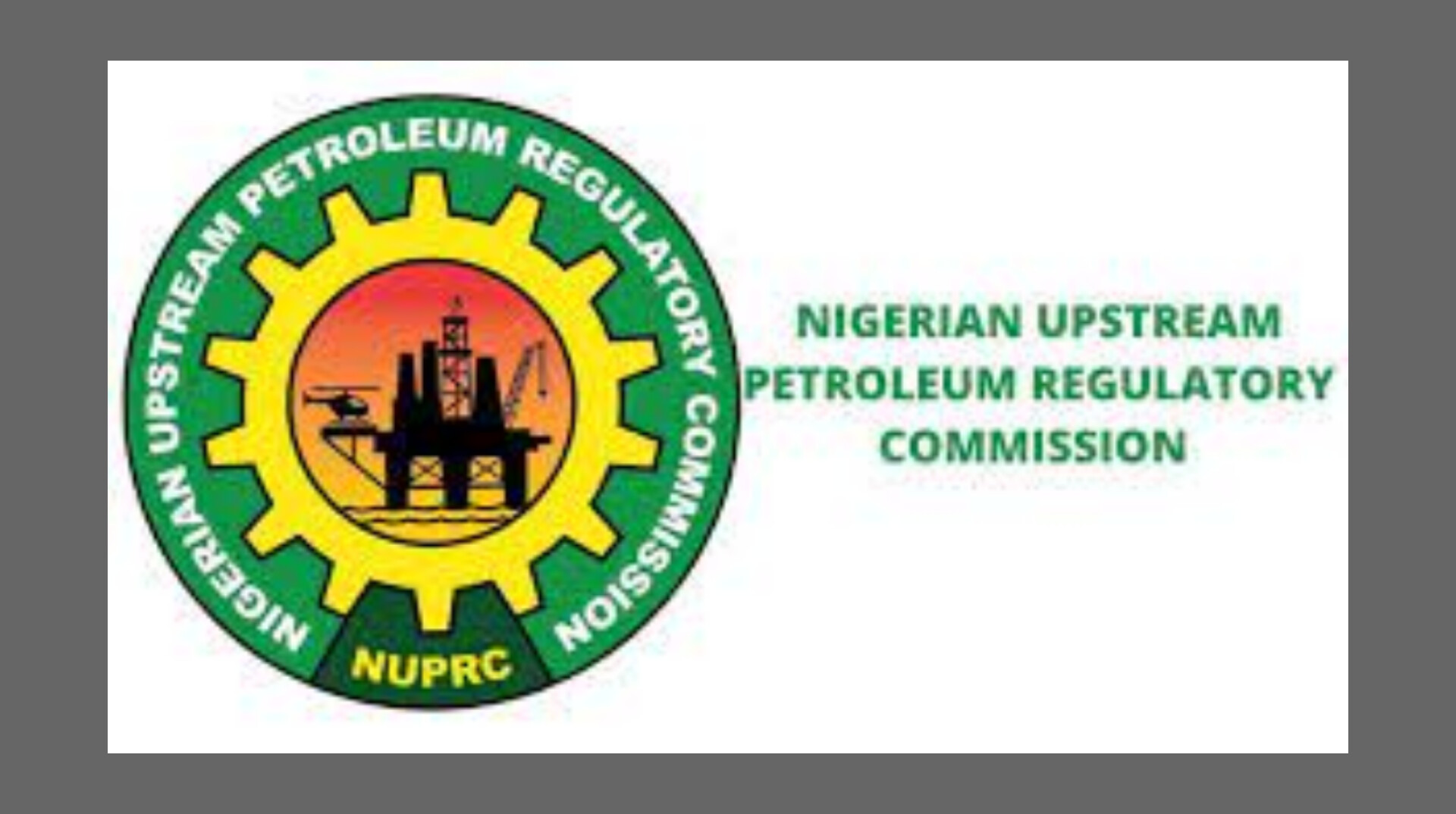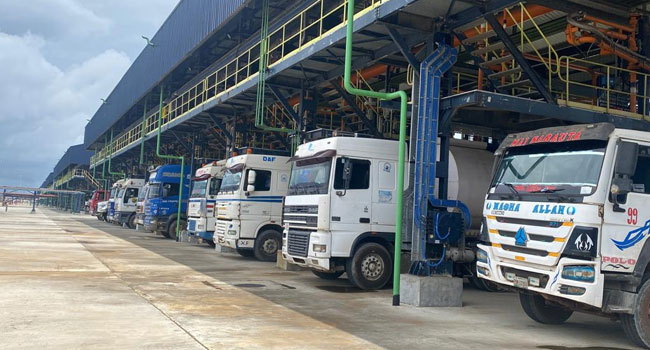***Issues ultimatum on 3% remittance to oil communities
The Nigerian Upstream Petroleum Regulatory Commission (NUPRC) has issued an ultimatum to settlors who have defaulted in remitting the 3% operating cost to oil bearing communities as stipulated by the Petroleum Industry Act (PIA)
Section 257 ( 2) of the Petroleum Industry Act, which came into effect in August 2021, stipulates that Oil and Gas Companies should remit 3% of their annual operational expenditure to affected host communities.
The commission was reacting to the recent agitation by host communities in the oil and gas producing areas of the Niger Delta region over the delay by industry settlors/operators in remitting the statutory fees governed by Section 235 of the Petroleum Industry Act (PIA), 2021.
The leadership of the host communities producing oil and gas had moved against the deliberate violation of the Act by oil companies operating in their area who have refused to remmit the 3% operating cost as stipulated by the act.
They said two years after the provision of the law, none of the Oil Producing Companies had complied with it , prompting stakeholders from the affected host communities to cry out in Abuja on Wednesday.
National President of HOSTCOM, Dr. Benjamin Tamaranebi, at a press conference on Wednesday in Abuja, had expressed dismay that the oil companies have refused to remit the 3% to HOSTCOM two years after the passage of the PIA.

The commission in a swift reaction through a statement issued on Friday, threatened to revoke the licenses of oil operators or settlors who failed to remit the three 3% statutory fees to oil communities before September ending.
It called on the operators to fulfill their obligations of the 3% remittance to the oil bearing communities without further delay
“Clearly, the Commission understands and shares in the sentiments and particularly the patience of the host communities on this issue, especially as the PIA had suspended the Global Memorandum of Understanding (GMOU) and the Memorandum of Understanding (MOU), replacing both provisions with a new Host Community Development Trust Fund.
“The Commission is fully aware of the implications of this development if allowed to fester. The agitation might frustrate the Commission’s efforts at up-scaling the drive for higher foreign exchange and attracting Foreign Direct Investment (FDI) into the country. “Incidentally and quite unfortunately, it is also capable of truncating efforts at stabilizing the value of the Naira, attaining the much-desired rebound in our national economy and improving our macro-economic status.
“The statutory provision of the PIA regarding the annual contribution of operators in the industry, under Section 240 (2) of the PIA, 2021, is very clear, and it states:
“Each settlor, where applicable through the operator, shall make an annual contribution to the applicable host communities development trust fund of an amount equal to 3% of its actual annual operating expenditure of the preceding financial year in the upstream petroleum operations affecting the host communities for which the applicable host communities development trust fund was established”.
“It must be stated that given the implications of allowing continued default on sustained peaceful operations and the eventual effect on national oil and gas output, the Commission will be minded to activate its regulatory powers in line with the provisions of the Act as stated above, to bring defaulting and recalcitrant settlors into compliance.
“Recently, the Commission passed the Host Community Regulation and organized a mass sensitization program, emphasizing the responsibility of settlors in host communities under the PIA, 2021.
“Unfortunately, those concerned have neglected this, thereby stoking avoidable agitations. The settlors are, therefore, required to perform their obligation to commence remittance of the statutory 3% contribution.
“The Commission notes that remittance of the statutory contribution, which should have served as succor to the host communities, has sadly become a source of pain to the lawful beneficiaries.
“This has now given impetus to actions that might affect smooth upstream operations within affected host communities, a situation that could have been addressed through routine social inclusion.
“Although the ultimate regulatory sanction, as enshrined in Section 238 of the PIA, is the revocation of assets, the Commission has been careful not to compound the already low level of investment and divestment rate and further impact negatively on production levels and the Federation revenue. Rather, it chose to draw a balance and be strategic in implementing the provisions of the law.
“The relevant section states that “Unless as otherwise provided for in this Act, failure by any holder of a licence or lease governed by this Act to comply with its obligations under this Chapter, after having been informed of such failure in writing by the Commission or Authority as the case may be, may be grounds for revocation of the applicable licence.”
“Therefore, defaulting operators (settlors) under PIA 2021 (section 235) are advised to do the needful by fulfilling their obligations and remitting the outstanding arrears without further delay, as the Commission might be compelled by emerging circumstances to fully apply the law under section 235 of PIA 2021, which states as follows: Failure to incorporate host communities’ development trust:
“unless as otherwise provided for in this Act, failure by any holder of a licence or lease governed by this Act, failure by any holder of a licence or lease governed by this Act to comply with its obligations under this chapter, after having been informed of such failure in writing by the Commission or Authority as the case may be, may be grounds for revocation of the applicable licence or lease.
“Notice is hereby served that in a situation where defaults are not remedied by the end of September 2023, the Commission would have no option but to revoke the license of the defaulting settlor/operator.”




